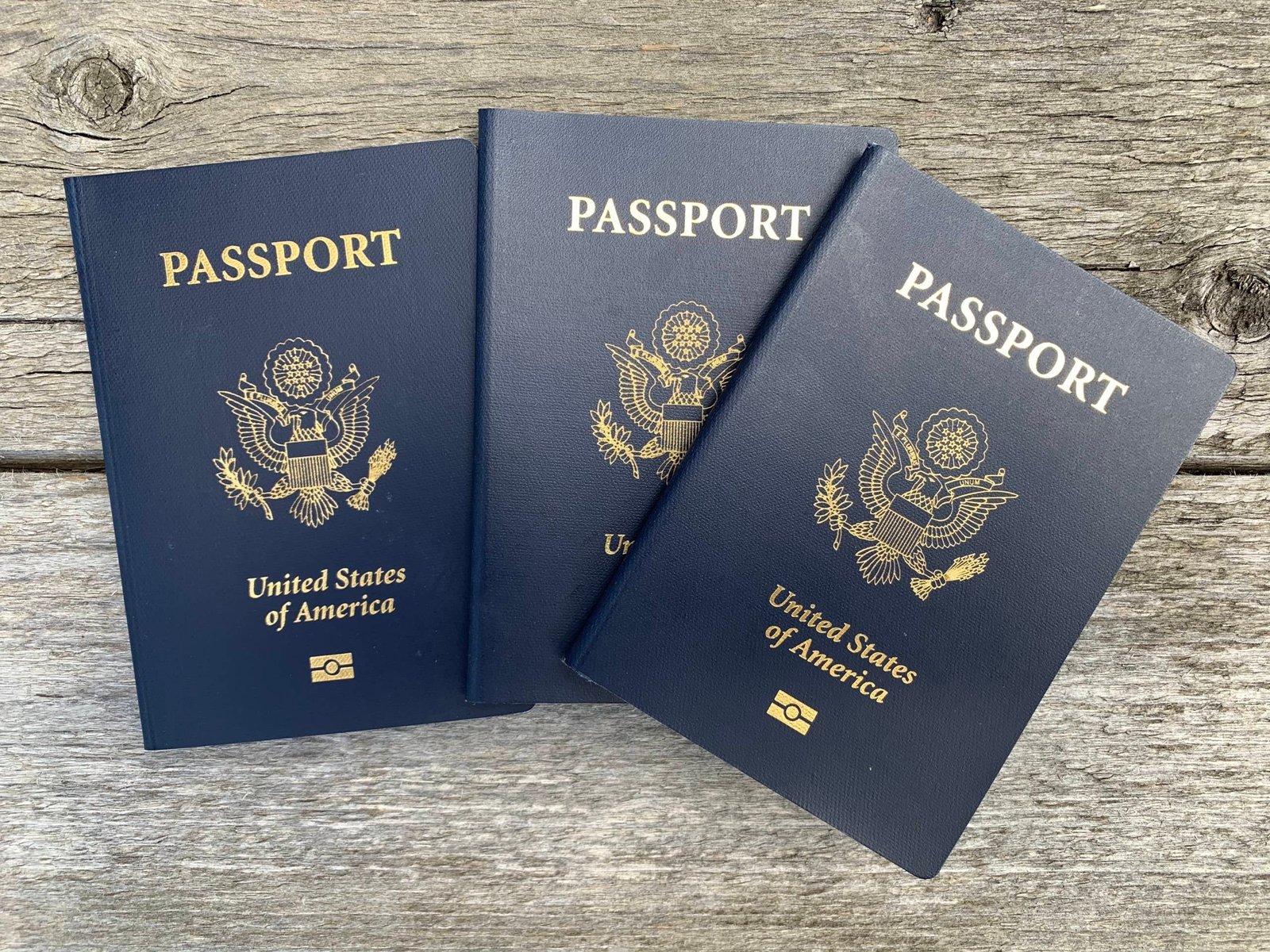As an international traveler, one of the most important things to remember is to check the validity of your passport before you book your flights and accommodations. This may sound trivial, but it can have a significant impact on your travel plans. Each country has different requirements for entry, and if your passport is not valid for the required duration, it could disrupt your itinerary and even prevent you from entering the country.
In the midst of planning my travel for 2024, I realized that my U.S. passport was set to expire in April. This could potentially cause problems for me during my travels abroad. To avoid any disruptions, I immediately started the passport renewal process online and got my photo taken at my local Walgreens. Alternatively, you can also take your own passport photo if you prefer. I wanted to expedite the processing time, so I paid an additional $60 fee and sent out my application as quickly as possible.
If you are also planning your travel for 2024 or simply want to know when is the best time to renew your passport, we’ve got you covered. We collected information from the U.S. Department of State website and the United Kingdom’s government website to create a cheat sheet that examines the passport validity requirements for a range of countries.
Many European countries are signatories of the Schengen Agreement, and they follow the 3+3 Rule. This means that your passport must be valid for three months beyond your three-month entry visa or for a total of six months, regardless of the duration of your initial stay. While some Schengen countries require passports to be valid for only three months beyond your intended stay, others assume that you may stay the full 90 days of your visa validity, hence the six-month requirement. The countries that are part of the Schengen Agreement include Austria, Belgium, the Czech Republic, Denmark, Estonia, Finland, France, Germany, Greece, Hungary, Iceland, Italy, Latvia, Liechtenstein, Lithuania, Luxembourg, Malta, the Netherlands, Norway, Poland, Portugal, the Slovak Republic, Slovenia, Spain, Sweden, and Switzerland. Bulgaria and Romania will join the group on March 31, 2024.
In addition to the Schengen countries, there are several other non-Schengen countries in Europe, Asia, and the Middle East that also require a passport validity of six months. These include Bahrain, Bangladesh, Bhutan, Bosnia-Herzegovina, Brunei, Cambodia, China, Indonesia, Iran, Iraq, Israel, Jordan, Kuwait, Kyrgyzstan, Laos, Malaysia, Maldives, Mongolia, Myanmar, Nepal, New Caledonia, North Korea, Oman, Pakistan, Qatar, Saudi Arabia, Singapore, Sri Lanka, Tajikistan, Thailand, East Timor, Turkmenistan, Turkey (British passports must be valid for at least 150 days from the date of arrival), United Arab Emirates, Vietnam, West Bank/Gaza Strip, and Yemen.
Some countries in Europe, such as Albania, Belarus, Croatia, and Kazakhstan, require a passport validity of three months beyond the scheduled departure date. Others, like Algeria, Angola, Botswana, Burundi, Cameroon, Central African Republic, Chad, Cote d’Ivoire, Democratic Republic of the Congo, Djibouti, Equatorial Guinea, Egypt, Eritrea, Ethiopia, Gabon, Kenya, Madagascar, Malawi, Mauritania, Morocco (British passports must be valid for at least three months on the date of entry), Mozambique, Namibia, Rwanda, Sao Tome and Principe, Somalia, South Africa (passports must also have 30 days beyond your intended date of exit from the country), South Sudan, Sudan, Tanzania, Uganda, and Zambia, require a passport validity of six months.
For travelers to Canada, Mexico, and the Caribbean, the usual requirement is a passport validity of six months. However, some countries in this region, such as Aruba, Bahamas, Barbados, Canada, Curacao, Jamaica, Mexico, and St. Lucia, only require a passport to be valid for the proposed duration of your stay.
In Central and South America, most countries also require a passport validity of six months. However, Brazil (British passports need to be valid six months beyond arrival) and Venezuela require a passport validity of three months beyond arrival. Other countries in this region, like Belize, Bolivia, Chile, Costa Rica, Ecuador, El Salvador, Guatemala, Guyana, Honduras, Nicaragua, and Suriname, only require a passport to be valid for the proposed duration of your stay.
In the South Pacific region, countries like American Samoa, Fiji, French Polynesia, Kiribati, Marshall Islands, Palau, Papua New Guinea, Samoa, Tonga, Tuvalu, and Vanuatu require a passport validity of six months. Some countries in this region, such as Australia and New Zealand, only require a passport to be valid for the proposed duration of your stay.
It is important to note that this list is not exhaustive and only includes a few popular destinations worldwide. If your intended destination is not on the list, it is always best to check with the relevant passport issuer to determine the specific passport validity requirements.
In conclusion, it may sound like a trivial matter, but checking the validity of your passport before you book your flights and accommodations is crucial for a smooth travel experience. The requirements for passport validity vary from country to country, and it is important to ensure that your passport meets the required duration. By following this simple rule, you can avoid disruptions to your travel itinerary and ensure a hassle-free journey.

